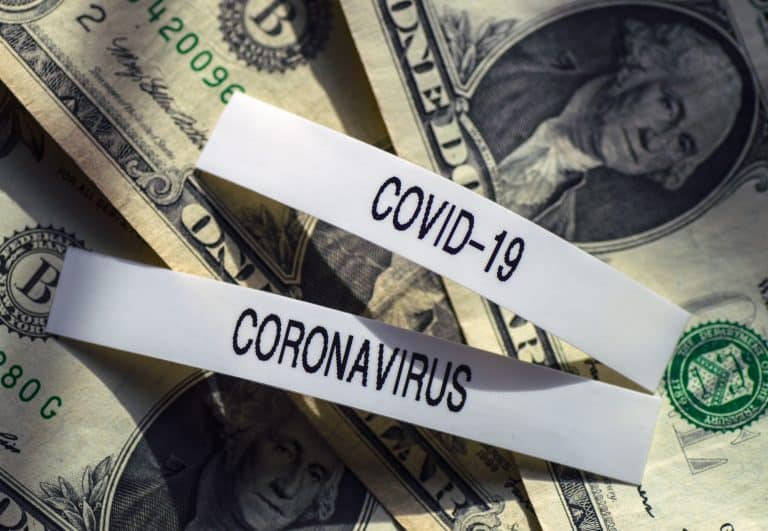With local establishments reeling from the last round of COVID-19 related shutdowns, Kandiyohi County, working alongside the Kandiyohi County and city of Willmar Economic Development Commission (EDC), will be administering a grant relief program to provide assistance to local impacted businesses.
The Minnesota Pandemic Relief (MPR) program is a joint effort between the county and the EDC and will be modeled after the EDC’s Coronavirus Relief Program (CRP), which administered $3.5 million in Coronavirus Aid, Relief and Economic Security Act, or CARES Act, Relief last year to local businesses and nonprofits suffering from the COVID-19 pandemic and economic recession.
The county received $852,437 from a $242 million deal passed by Minnesota lawmakers last December to funnel grants directly to bars, restaurants and other venues that Gov. Tim Walz ordered closed in mid-November to combat COVID-19 cases spiking across the state.
During Tuesday’s Kandiyohi County Board of Commissioners meeting the board unanimously voted to contract the EDC to administer the program and, during a special meeting on Thursday, the EDC board unanimously voted to take charge of the program.
“We found that the CARES funds did have a really concrete application that has all the rules and all the criteria and is very, very helpful when it comes to distributing the money, “ Connie Schmoll EDC Business Management Director, told the board on Tuesday. “We would be more than happy to assist with this program and get this money out as soon as we can. “
Relief will be much more targeted than the CRP program, which aimed to assist businesses impacted in any way by the pandemic. Instead, applicants will be broken into three tiers, with the first tier – who did not qualify for the Minnesota Department of Revenue Business Relief Payments that were part of the same $242 million relief deal – taking top priority. Tier 1 includes hotels, restaurants, bars and other establishments that have been hit particularly hard by the pandemic that have had at least a 20% reduction in their quarter for sales. Tier 2 consist of businesses that would have received Business Relief Payments, but did not qualify because they filed their taxes under a single Employer Identification Number; and businesses with an event center connected. Tier 3 consists of businesses and nonprofits that suffered at least a 20% reduction in revenue in the fourth quarter and will be awarded grants on a first-come, first-serve basis.
The tier system allows businesses most impacted by the closures to be a top priority for relief, said Jean Spaulding, who oversaw the administration of the county’s CARES funds.
“We are trying to capture businesses that are impacted that have been identified as in greatest need and have been most impacted by the Executive Order, however, are not being assisted through any of the state funding, “ Spaulding told the County Board. “The idea was to make it easy for the applicant. “
The program will target local businesses that might have fallen through the cracks on receiving CARES funding, said County Administrator Larry Kleindl.
Furthermore, in order to be eligible for assistance, applicants must be registered with the Minnesota Secretary of State and have been in operation since at least Jan. 1, 2020; be in good standing with the state and have no outstanding taxes; have a brick-and-mortar location within the county; and can expect to have an annual revenue of at least $20,000.
Only select types of businesses will qualify for the MPR grants, with businesses deemed unaffected by the pandemic – such as car dealers and law firms being in-eligible.
The application guidelines were drafted by Spaulding, Schmoll , Kleindl, Commissioners Rollie Nissen and Corky Berg, EDC Executive Director Aaron Backman and Executive Director at Wilmer Lakes Area Convention and Visitors Bureau Beth Fischer.
“We tried in a short amount of time to put together an application process that will meet the needs [and] be flexible enough so it’s not so cumbersome that people can’t get it. But the real goal is to get the money out to the people who need it as quickly as possible, “ Kleindl said.
Unlike the CRP program which ran for three months, the MPR program will last only six weeks. The county must have all funding accounted for by March 15, so the application deadline for the program is Feb. 17. Beckman said he hoped to open applications as of last Friday.
Lakes Area Review by Macklin Caruso, Reporter

